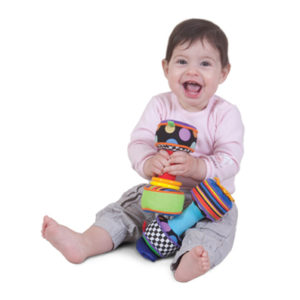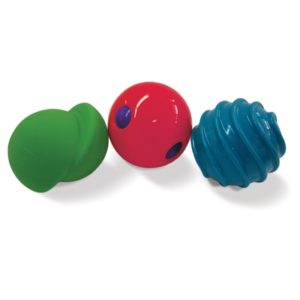Do you have a child in your early childhood classroom who:
- Climbs on top of furniture and jumps off?
- Covers his ears when children are singing?
- Refuses to touch clay, paint, or sand?
- Often falls down and skins her knees?
- Refuses to play on outdoor playground equipment?
If so, it is possible the child is having sensory processing problems. How can you help children with these problems so they can enjoy learning and grow in positive ways? Sensory Integration helps you identify children who have difficulties with sensory processing, and it offers simple, easy-to-use solutions to support the sensory needs of young children in the preschool classroom. Easy-to-implement solutions include adaptations and activities for children with different types of Sensory Processing Disorder. This book has a bonus chapter with instructions for creating low-cost items to help children with sensory issues.
Chapters cover concepts such as:
- Explaining Sensory Integration and Sensory Processing Disorder
- Defining sensory avoiders, seekers, and under-responders
- Designing the environment to support the sensory development of all children
- Helping preschoolers with sensory processing problems
- Providing practical solutions to meet the needs of individual children during daily routines
- Building and creating low-cost items such as a tire swing, sand pillow, and incline board to give children opportunities to get the sensory input they need










